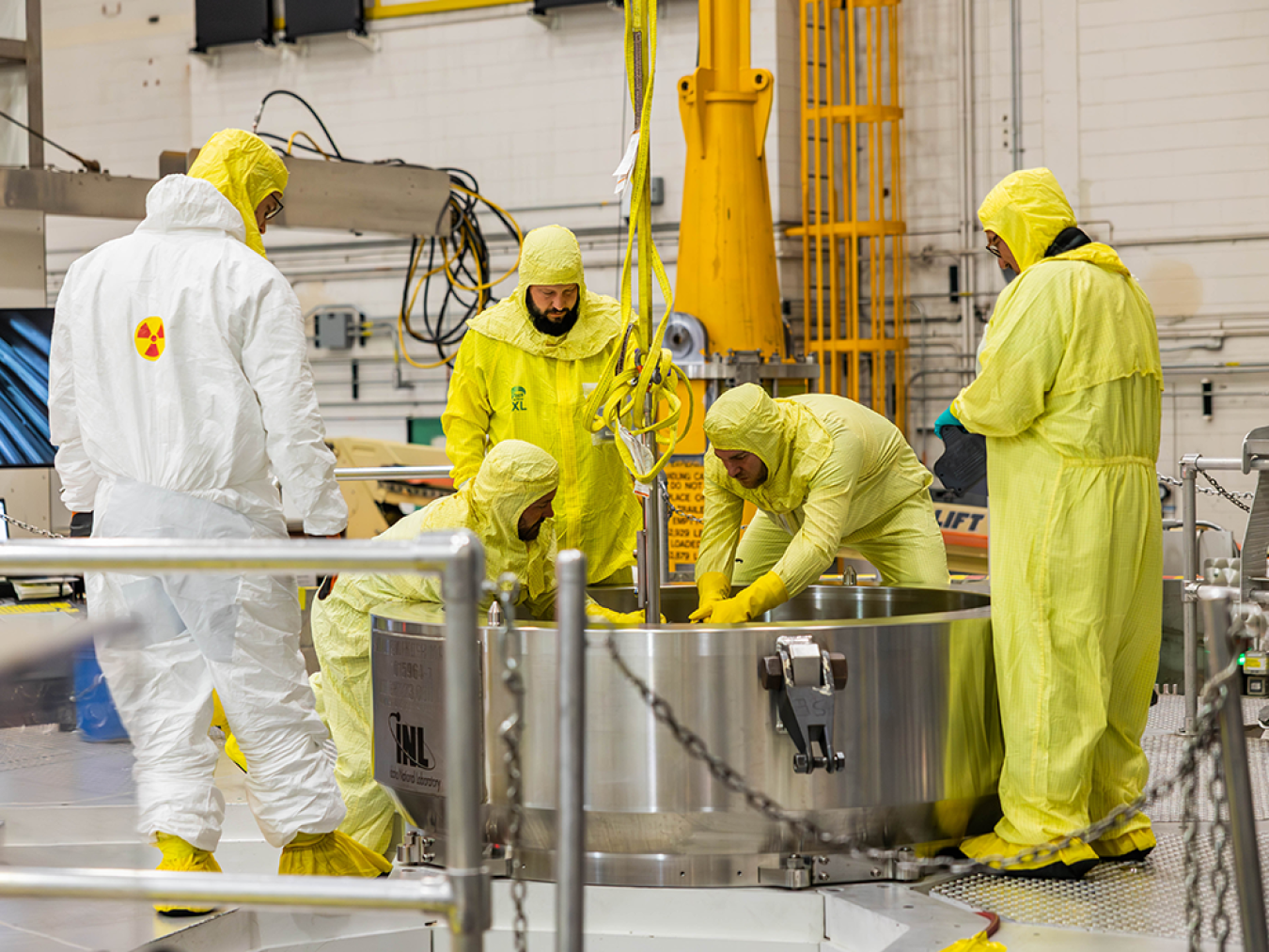Serbian protestors rally to oppose Rio Tinto’s lithium mine project

Hundreds of protesters in the western Serbian town of Loznica rallied on Wednesday to oppose Rio Tinto’s planned lithium project in the region, saying its development will damage the environment.
The protest comes after the ruling coalition led by the Serbian Progressive Party, which holds an overwhelming majority, rejected an opposition draft law stipulating a ban on mining and exploration for lithium and borates.
Protesters waved Serbian flags and banners reading “You Shall Not Dig” and “Back Away From Jadar”, while loudspeakers blared patriotic songs and folk music.
They demanded an end to the project and announced one-hour blockades of two regional roads on Saturday.
“We are preparing warning road blockades in several locations across the country this weekend,” Zlatko Kokanovic, a protest leader, told Reuters.
“We will see how we proceed from there.”
Lithium, regarded as a critical material by the EU and the US, is used in batteries for electric vehicles and mobile devices.
In 2022, the Serbian government revoked licenses for Rio Tinto’s $2.4 billion Jadar lithium project near Loznica following mass protests by environmental groups.
If implemented, Rio Tinto’s Jadar project could meet 90% of Europe’s current lithium needs, positioning the company as one of the world’s leading lithium producers.
The environmentalists and a majority of opposition parties argue that the mine could pollute land and water in the area, impacting farming, a major source of income for many in the region.
“There’s no retreat or surrender. They will not ravage nature and our lives,” said Branka Petrovic, 47, an activist from Belgrade.
Serbian officials argue that the mine will boost the country’s economy. In June, Serbia’s President Aleksandar Vucic said mining could start as early as 2028.
In July, Rio Tinto said the project would adhere to stringent environmental requirements, including legal and permitting procedures, as well as public consultations before implementation.
(By Aleksandar Vasovic)
{{ commodity.name }}
{{ post.title }}
{{ post.date }}




3 Comments
Ivan Lazarevic
It is shamefull what EU is doing to Serbia now.Supporting autoritarian and criminal rule of one man in Serbia just because that man is prepared to give the mining rights to western companies for their EV industry. Serbia is not desert,that mine is planed on fertile land with rich underground water source, and minning process include sulfuric acid procesing and dumping that waste in nature. Shame on you EU, we are Europe also.
Jasmina Radunovic
Environmentally we are destroying our planet. Why do they choose electric cars over food and water? Who will be driving these cars? When will the destruction of our Earth end?
Milica Kovacevic
Rio Tinto get out of Serbia